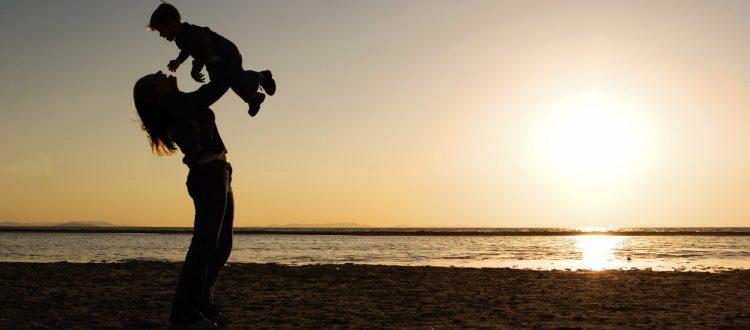Children in New Zealand
In New Zealand, dissolution of a marriage or civil union (divorce), division of a separating couple’s relationship property and care arrangements for the children of the relationship are three distinct issues, and have separate and distinct processes.
New Zealand has both marriage and civil unions, which are open to both same and opposite sex couples, and are in all legal respects treated the same. In addition, laws relating to the division of relationship property on a couple’s separation apply equally to same and opposite sex relationships, and both married and unmarried (de facto) relationships, except in limited circumstances. In relation to children, both birth parents are guardians of a child in almost all circumstances and have the same legal rights and responsibilities, regardless of the age or gender of the child (or parent) or the legal status of the parent’s relationship.
This article contains an overview of care of children in New Zealand.
Both of a child’s biological parents are their legal guardians (except for very limited circumstances in which the biological father may not be). This guardianship is held regardless of the child’s physical care arrangements, and the effect is that both parents have equal input into the important decisions for a child such as those relating to education, medical care and religious upbringing.
A child living in New Zealand can also only be taken out of New Zealand with the consent of all guardians or court order.
Guardianship applies until the child turns 18 years of age.
Other people may be appointed a child’s guardian on an application to the Family Court, but this will generally only be done if the child’s parents are unable or unwilling to fulfil the role themselves.
If a child’s guardians do not agree about an important decision concerning the child they can apply to the Family Court for a decision concerning the dispute.
Deciding a child’s care arrangements is also the responsibility of the child’s guardians, but if they cannot agree then the parties can utilise the Family Justice system to assist them to resolve the dispute between them, or failing that have a Judge make a Parenting Order setting out the care arrangements for the child (providing the child is under the age of 16 years).
If the Court is required to make the decision its sole and paramount consideration is the welfare and best interests of the particular child in their particular circumstances. There are some general principles that the Court is required to take into account, but it is largely a factual assessment based on the individual child’s situation.
There are no gender presumptions (relating to either parent or child) in the legislation, and shared care arrangements are common.


